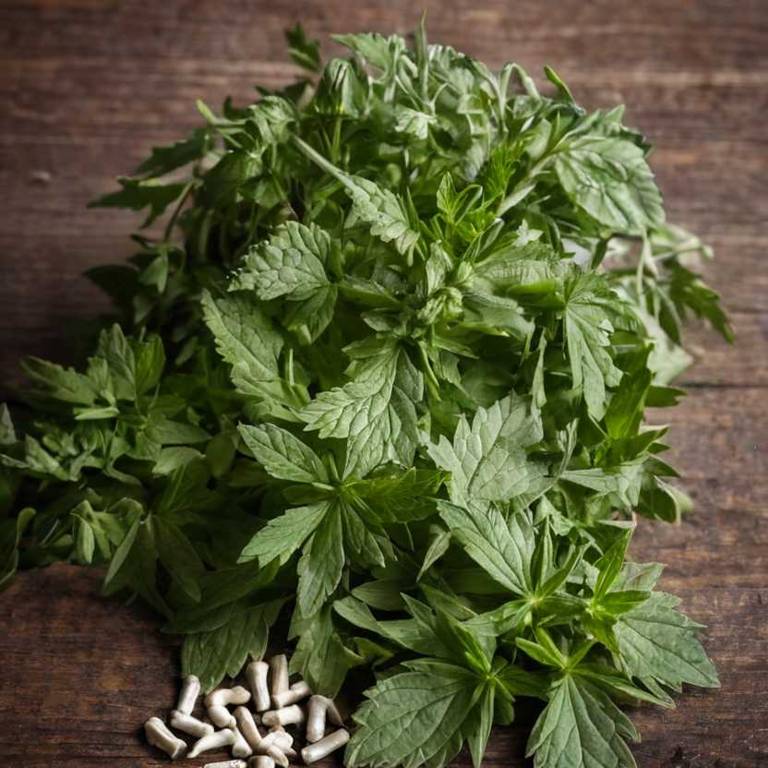Goldenseal
Hydrastis canadensis
Ashwagandha is a prominent medicinal herb in Ayurvedic medicine, classified as a rasayana (rejuvenator). It is primarily utilized as an adaptogen to help the body manage physical and chemical stress.
Family
Solanaceae (Nightshade)
Native Region
India, Middle East, Africa
Part Used
Root, Leaf, Berry

Botanical Identification
Goldenseal is scientifically known as Hydrastis canadensis, belonging to the Ranunculaceae family. It is also called yellowroot and Indian root in various regions. A perennial herb native to the eastern United States, it has a thick, yellow root, heart-shaped leaves, and bright yellow flowers. It is sometimes referred to by older herbal names like canadense or hydraste.
Active Compounds
Goldenseal contains key active compounds such as alkaloids, flavonoids, and coumarins, which contribute to its medicinal properties. These compounds work synergistically to support its antimicrobial and anti-inflammatory effects, making it valuable in herbal medicine for various therapeutic applications.
- Alkaloid
- Flavonoid
- Coumarin
Therapeutic Indications
| System | Condidtion | Action |
|---|---|---|
| Digestive | Gastroesophageal reflux disease, diarrhea, inflammatory bowel disease, gastrointestinal infections, gastrointestinal inflammation | Anti-inflammatory, antimicrobial, antiparasitic, spasmolytic |
| Integumentary | Skin infections, skin irritation, wound healing, wounds, skin inflammation | Antimicrobial, anti-inflammatory |
| Respiratory | Respiratory infections, respiratory inflammation, cold symptoms, allergic rhinitis, mucous membrane irritation | Antimicrobial, anti-inflammatory, expectorant |
Preparation Methods
Tincture: Used for digestive issues and skin infections.
Decoction: Used for respiratory and digestive disorders.
Infusion: Used for respiratory and digestive ailments.
Safety Profile
Goldenseal is generally considered safe when used in recommended doses for short periods. However, it may cause gastrointestinal upset in some individuals. Long-term use or high doses can lead to liver toxicity, and it is contraindicated during pregnancy and breastfeeding.